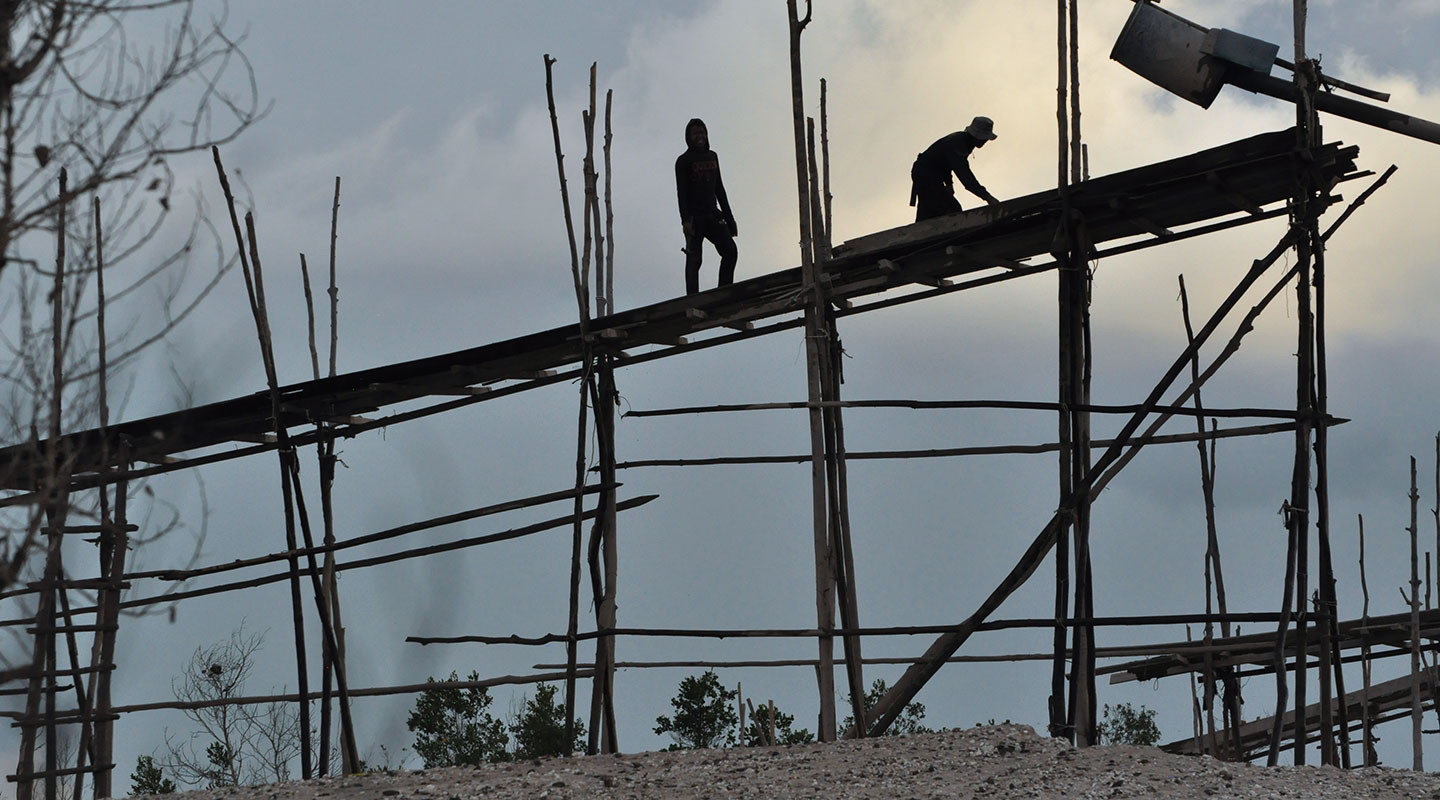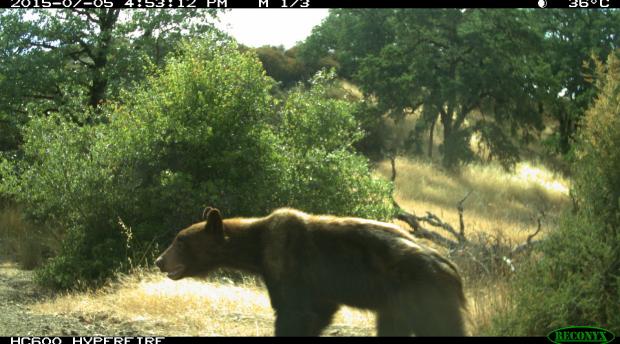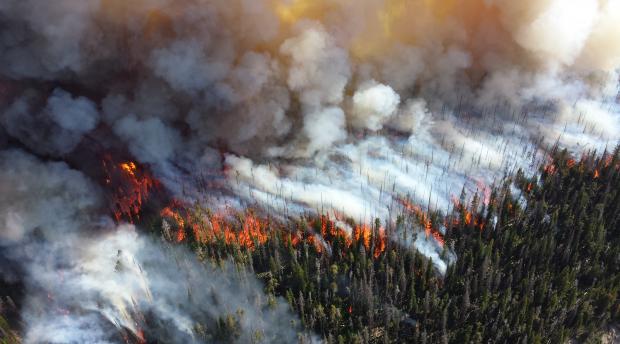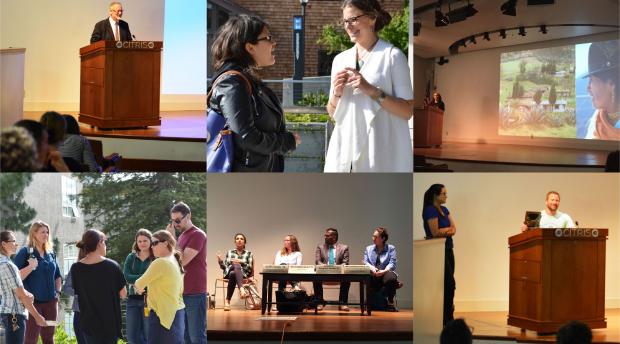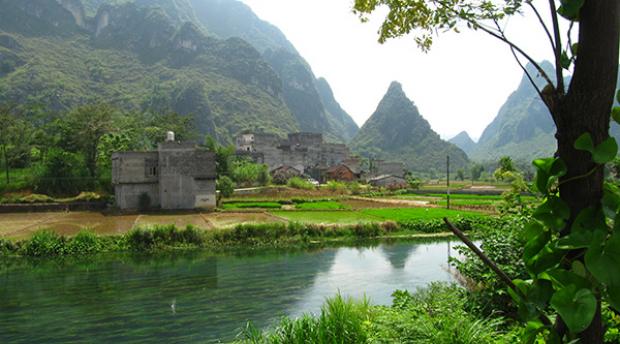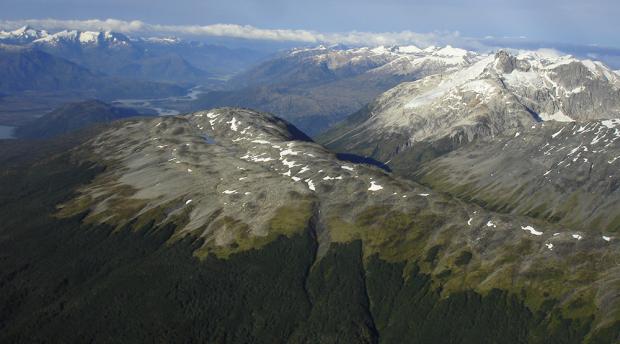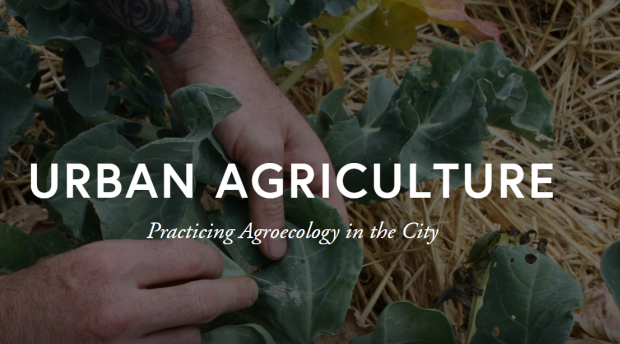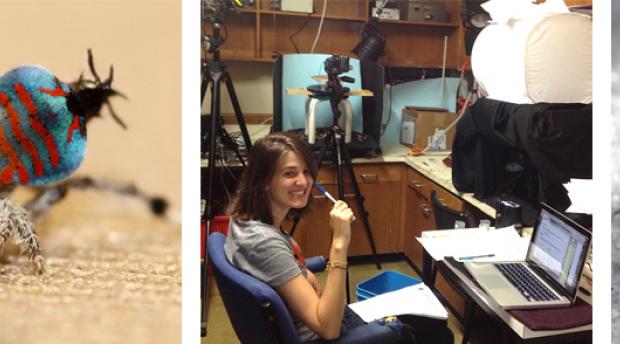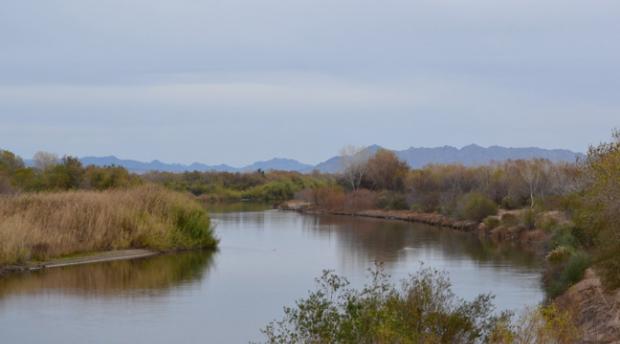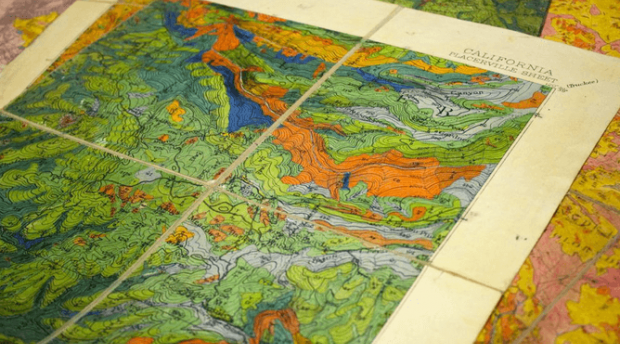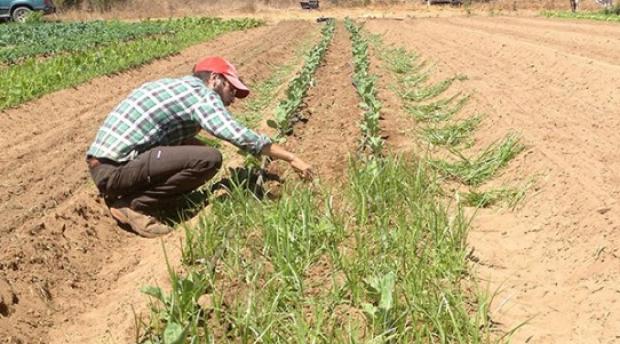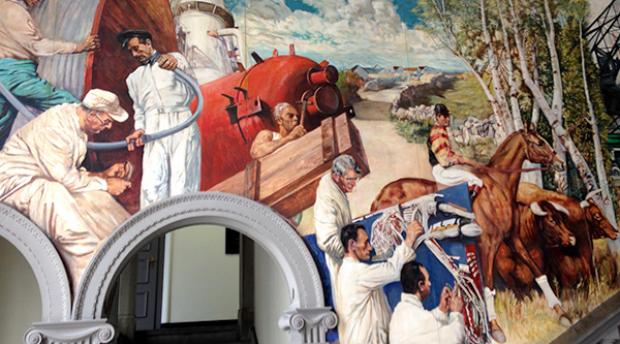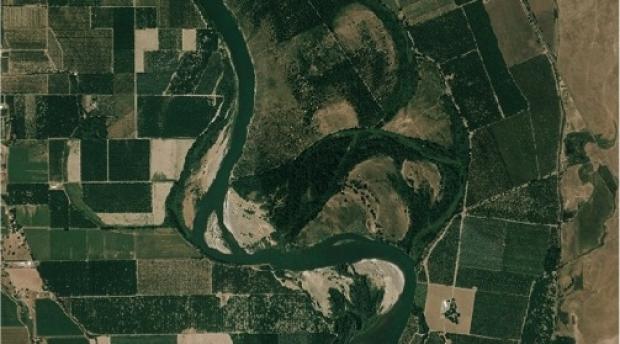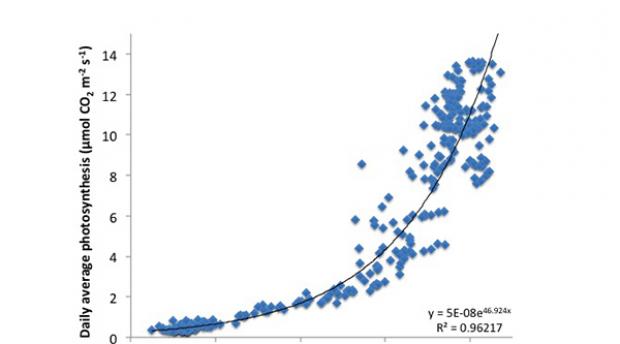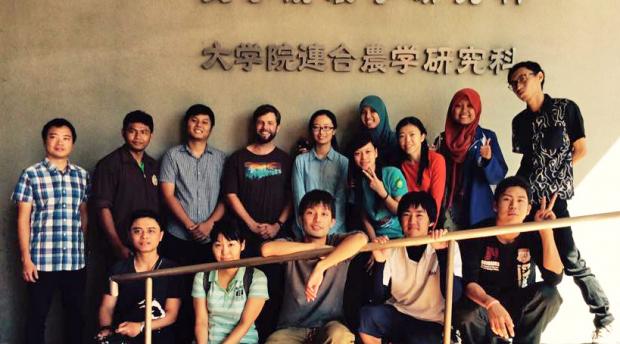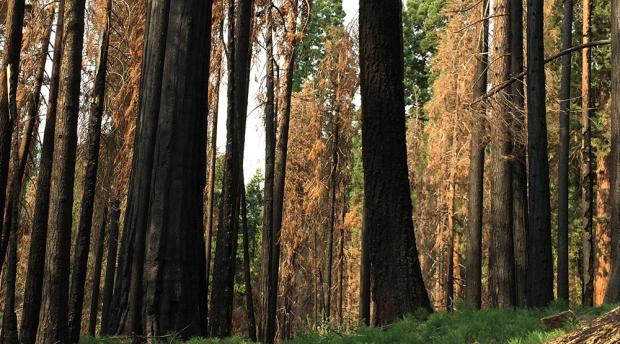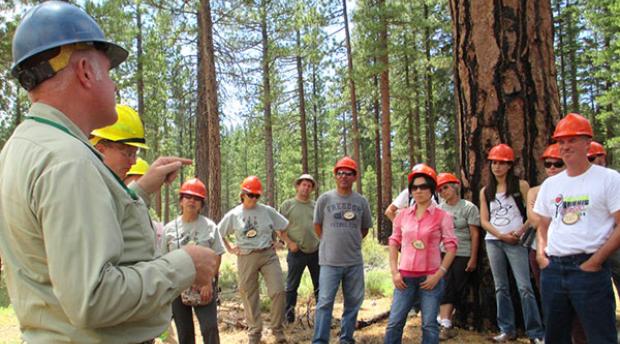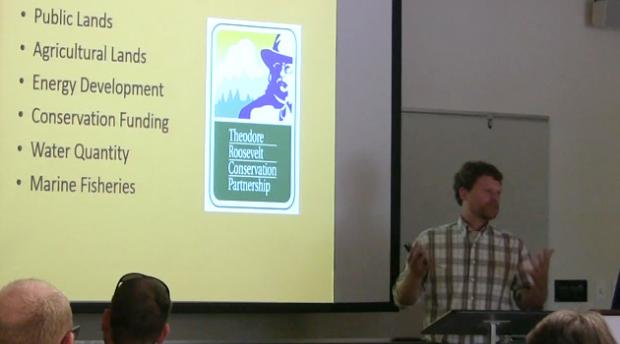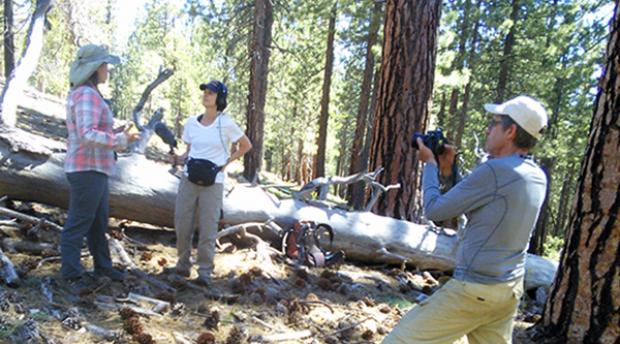ESPM Blog
Berkeley Blog: Why We Should March for Science
Professor Ron Amundson encourages scientists around the world to join the March for Science on April 22, to publicly acknowledge the role of science in society, and to highlight the frequency and nature of political attacks on science.
The Quiet Return of Large Predators in the West: An Interview with Justin Brashares
California, and the broader American West, is undergoing a momentous but under-appreciated revitalization of its ecosystems. The populations of almost every medium and large carnivore species are steadily increasing, and species not seen in nearly 100 years are making their reappearance. Professor Justin Brashares discusses why this has come to be and what this means for California’s wildlife and human communities.
Not Just Climate Change: Study Finds Human Activity Is a Major Factor Driving Wildfires
A new study examining wildfires in California found that human activity explains as much about their frequency and location as climate influences.
GradFest 2016
The department's annual Graduate Research Symposium, also known as The ESPM GradFest Symposium, celebrates and showcases graduate student research.
New research in rural China may help improve drinking water quality and reduce air pollution
Alasdair Cohen’s collaboration with the China CDC allowed him to conduct the first known research study on household water treatments in China.
Hunting Soils in Southern Patagonia
ESPM graduate student Marco Pfeiffer and professor Ronald Amundson study the relationship between soil, climate, and landscape in the Atacama Desert in northern Chile.
Practicing Agroecology in the City
Miguel Altieri's Lab uses the concepts of agroecology to obtain a deep understanding of the nature of agroecosystems and the principles by which they function.
Madeline Girard on discovering "Sparklemuffin" and "Skeletorus"
Through her research as part of the Rosenblum lab, Girard discovered two new species of peacock spiders and is working to build a phylogeny of the entire group.
Tensions Between Safety and Sustainability in the Field
My research has drawn me to Yuma, to the self-proclaimed “winter vegetable capital of the world,” to better understand what it takes (and at what cost) to grow safe fresh vegetables such as leafy greens.
California’s majestic trees are declining — a harbinger of future forests
When we compared detailed information about the state’s forests taken during the 1920s and 1930s to current forests surveys, we found that California’s famed giant trees are suffering due to drier and warmer conditions.
Making Research Relevant: Narratives, Complexity, and the Hubris of Objectivity
The more I studied the biophysical sciences the more I discovered that the sciences have their hubris too; but I realized that science is just another form of narrative; it is wholly comprised of stories that are fought over endlessly through graphs and charts and impressive bibliographies.
Can the WTO Go Green?
National environmental regulations can be at odds with the free trade agenda because they potentially place burdens on importers to establish products that conform with domestic environmental rules.
Surviving Stability
While the focus of so much environmental attention these days relates to how species and ecosystems are going to respond to all the changes we are throwing at them, certain species that thrive on change find themselves living in an artificially stabilized world, with equally problematic results.
“Picturing” Carbon Credits in the Restored Wetlands of the Sacramento-San Joaquin River Delta
Since 2010, Professor Dennis Baldocchi’s biometerology lab has been monitoring the restoration of wetlands in the Sacramento-San Joaquin River Delta to measure their viability as carbon farms. And they’re getting close to finding methods that can make predicting the “productivity” of these areas much easier and more cost efficient.
A Unique Opportunity: My Trip to the Managed Forests of Japan
In September, I traveled to Japan to take part in a two-week long field lecture series hosted by professors and researchers of Shizuoka University to discuss issues surrounding forest management and forest policy on the global scale.
Sprouting from the Ashes
Several years after a prescribed fire, we were counting sequoia seedlings sprouting in newly formed canopy gaps in order to see if these conditions promoted seedling establishment.
Bringing Forests Into Focus
95% of California's population lives in cities. How can we, as environmental scientists, share our interest in and knowledge of the natural world with those who lack access to fields and forests?
Hunters and Environmentalists: Finding Common Ground
Although early conservation efforts were closely tied to hunting and management of game species, conservation priorities have since shifted toward biodiversity and ecosystem conservation.
Where Fire is Working in California
As part of the Graduate Training in Cooperative Extension Program, I am “making (my) science matter” to the public while building skills for the workforce.

